Uniting China under Xi Jinping to build a modern socialist country: CPC to pass new 'historical resolution' at sixth plenum
At the sixth plenary session of the 19th Communist Party of China (CPC) Central Committee which begins today, the CPC is expected to consider the "Resolution of the CPC Central Committee on the Major Achievements of the Party's Centennial Struggle", the third of its kind in the party's history. Rather than dwelling on the errors or lessons of history, the resolution is expected to reaffirm the party's achievements and point the way ahead for the next 30 years.
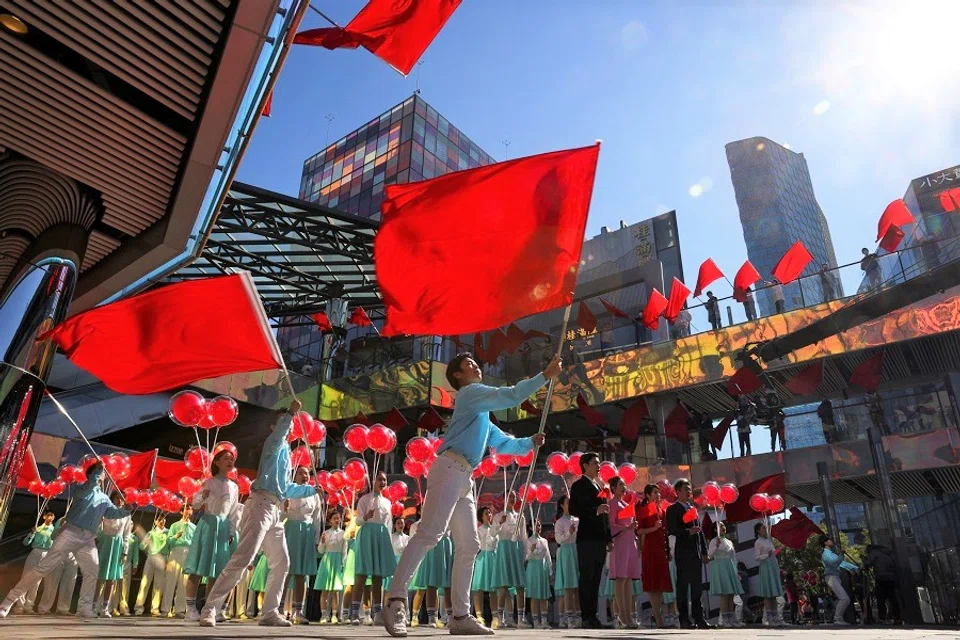
The four-day sixth plenary session of the 19th Communist Party of China (CPC) Central Committee opens today. An important document, the "Resolution of the CPC Central Committee on the Major Achievements of the Party's Centennial Struggle", will be tabled at the meeting. This will be the third "historical resolution" of its kind put before a plenary session of the CPC Central Committee.
For the CPC, party history is not only a form of historical research in the general sense, but also a political statement closely linked to reality. Historical resolutions passed by the Central Committee not only give a conclusion to historical questions, but also build a basic framework that unifies the party's ideology. Thus, the third historical resolution that will be passed at the sixth plenary session will become an orthodox textbook that will be studied by the entire CPC, especially the mid- and higher-level cadres, for a long time to come.
The CPC has had two successful attempts at unifying the party's ideology through historical resolutions.
Establishing Mao's position through the 1945 resolution
In April 1945, the "Resolution on Certain Issues in the History of the CPC" was adopted by the seventh plenary session of the 6th Central Committee of the CPC. Prior to this, Chinese paramount leader Mao Zedong released the reports "Reform our Study", "Rectify the Party's Style of Work", and "Oppose Stereotyped Party Writing" between May 1941 and February 1942. These reports urged the party to "fight subjectivism in order to rectify the style of study, fight sectarianism in order to rectify the style in Party relations, and fight Party stereotypes in order to rectify the style of writing".
The resolution ended the party's various historical disputes and laid the foundation for the subsequent seventh CPC National Congress where Mao Zedong Thought was established as the CPC's guiding ideology.
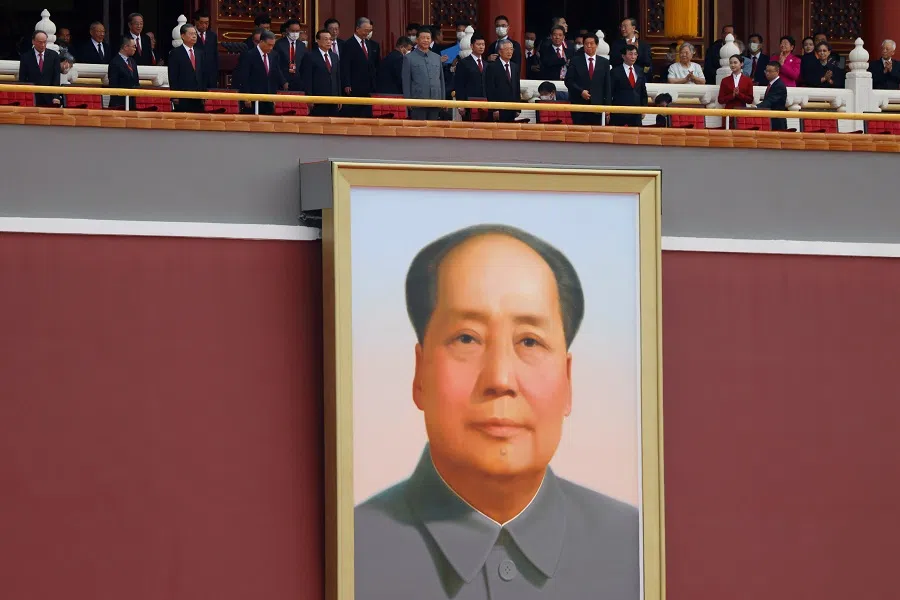
Following four years of rectification, the CPC successfully eliminated the influence of "dogmatism" and "sectarianism" led by Wang Ming, and established the ideological path of integrating "the universal truth of Marxism-Leninism with the concrete practice of the Chinese revolution" as advocated by Mao, which effectively consolidated his core position in the party.
As an outcome of the Yan'an Rectification Movement, the "Resolution on Certain Issues in the History of the CPC" summarised the lessons learnt from leftist and rightist mistakes since the founding of the CPC in 1921, and highly affirmed Mao's contributions and the great significance of his leadership position within the party. The resolution ended the party's various historical disputes and laid the foundation for the subsequent seventh CPC National Congress during which Mao Zedong Thought was established as the CPC's guiding ideology.
Following Mao's death in 1976, the CPC needed to decide if it would continue with Mao's Cultural Revolution path, or start on a new approach. At the third plenary session of the 11th CPC Central Committee in December 1978, Deng Xiaoping and other political veterans resolutely departed from Mao's Cultural Revolution path and class struggle, and embarked on a new journey centred on economic development and reform and opening up.
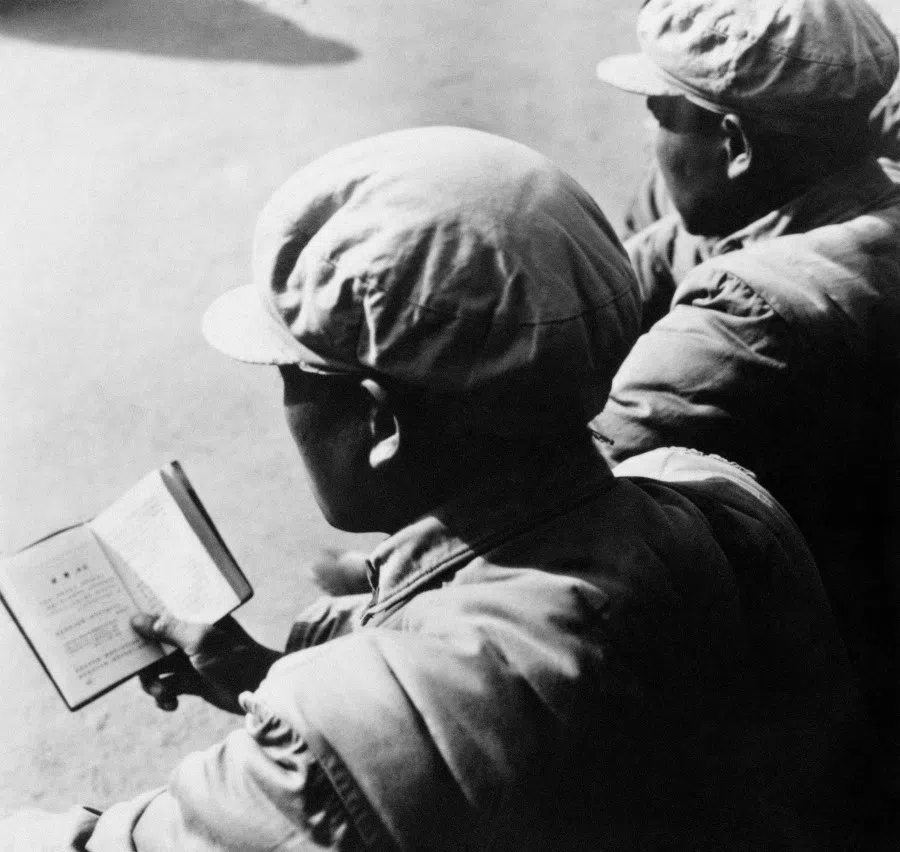
Uniting the CPC under Deng with the 1981 resolution
However, there were still serious differences within and outside the CPC on a series of historical issues following the founding of the People's Republic of China in 1949, especially in evaluating Mao Zedong and Mao Zedong Thought. These differences directly affected society's understanding and acceptance of the new path of reform and opening up and was a major political issue that the upper echelons of the CPC had to address. As Deng once said, past problems are over and a review is needed; it is something that must be done.
In November 1979, Deng Xiaoping set up a team to draft the "Resolution on Certain Questions in the History of the CPC Since the Founding of the People's Republic of China". Over more than ten meetings, Deng made clear that the draft had to highlight three points. First - and most importantly - to establish Mao Zedong's historical status and to hold to and develop Mao Zedong Thought; second, to objectively analyse major historical events over the 30 years since the establishment of the PRC, and give a fair assessment of rights and wrongs; third, to give a basic summary of the past through this resolution, to unite people in looking ahead.
This united the CPC's thinking and ideology under the Deng-engineered modernisation drive centred on reform and opening up; it also laid an important foundation for announcing the concept of socialism with Chinese characteristics, and the strategic aim of a moderately affluent society...
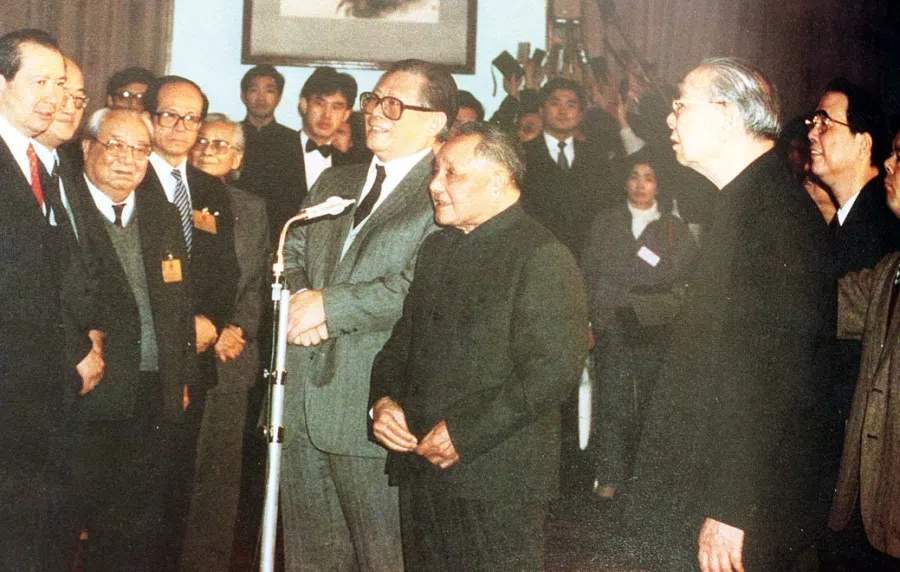
The resolution was passed in June 1981, at the sixth plenary session of the 11th CPC Central Committee. It completely rejected the Cultural Revolution that Mao started, while separating Mao Zedong Thought from the mistakes he made in his later years. It also summarised the Correct Way to Modernisation of Socialism (社会主义现代化建设的正确道路) that was gradually established since the third plenary session of the 11th CPC Central Committee.
This united the CPC's thinking and ideology under the Deng-engineered modernisation drive centred on reform and opening up; it also laid an important foundation for announcing the concept of socialism with Chinese characteristics, and the strategic aim of a moderately affluent society, at the 12th National Congress of the CPC in 1982.
Non-contentious look at the past and forward-looking approach to the future
Compared to the periods where these two resolutions were drawn up, the CPC's current context, aims and internal and external environments are very different, and there are no major differences within the CPC on historical issues as there were back then.
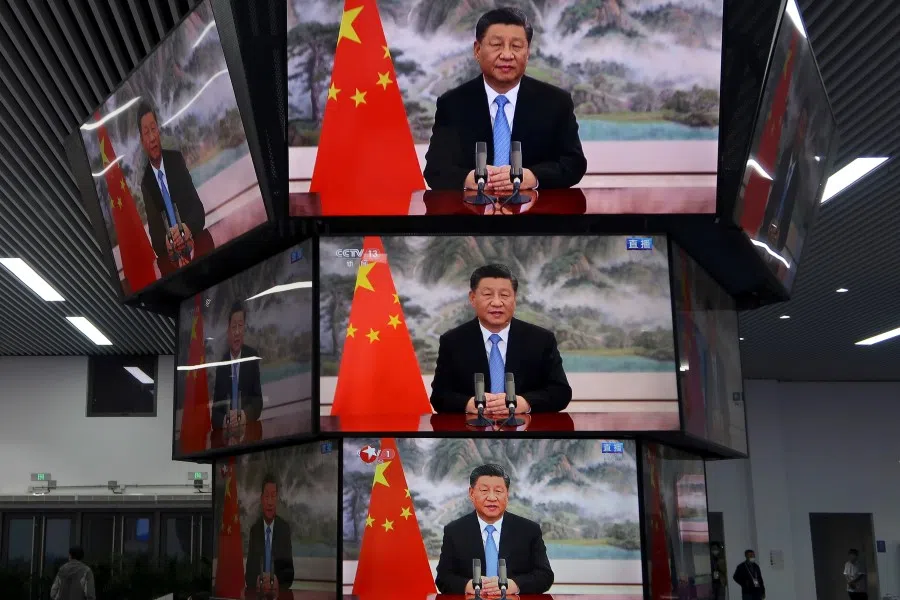
The CPC wants to pass the third resolution firstly to publicise the CPC's major achievements; second, to summarise the CPC's historical experience, especially since the second resolution, which does call for an official narrative from the CPC; third, to establish an action plan for the next 30 years, where the party is guided by socialism with Chinese characteristics in the Xi Jinping era, works towards modernisation of socialism by 2035, and builds a modern socialist power by the middle of this century.
So, the third resolution will not overturn the basic conclusions of the previous two resolutions. For example, it will continue with the narrative of the second resolution in assessing the Cultural Revolution. Also, the keywords of the third resolution are "major achievements" and "historical experience", meaning it will not dwell too much on errors and lessons from history. For instance, when it comes to the Tiananmen political incident of 1989, the resolution might go for broad strokes and point out the internal and external factors that led to the incident, and take a forward-looking approach to this "political storm".
The CPC's two previous resolutions played an important role at key points in history in homogenising thought and unifying the people in looking ahead, and of course, the CPC would hope the third resolution has the same effect. At the same time, the CPC is set to hold its 20th Party Congress in autumn of next year. After the third resolution is released, it will provide more basis for interpreting the CPC's next strategic moves.
Related: China idol: Mao Zedong makes a comeback among Chinese youth | The most outstanding of CCP leaders? | The return of Mao-era practices: New threat to China's political and economic modernisation | Is Xi Jinping really going back to Maoism? | Chinese socialism against American capitalism: The final showdown? | A new paradigm needed: China cannot achieve 'common prosperity' with Marxism and class struggle | If the world needs a new ideology, can the Chinese model be accepted?


![[Big read] When the Arctic opens, what happens to Singapore?](https://cassette.sphdigital.com.sg/image/thinkchina/da65edebca34645c711c55e83e9877109b3c53847ebb1305573974651df1d13a)


